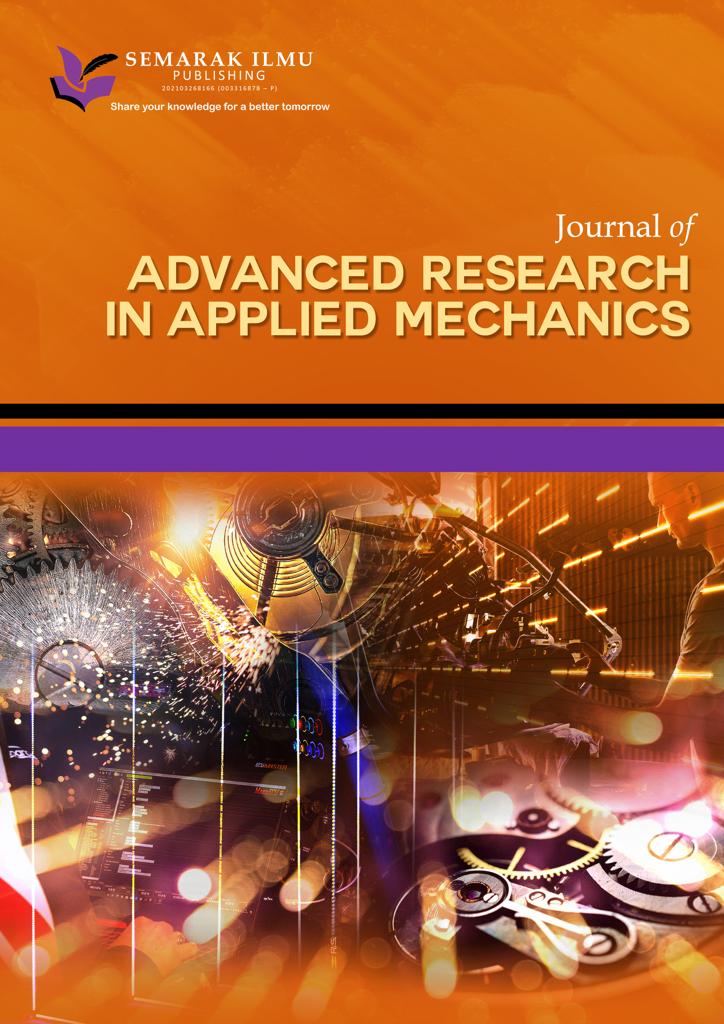The Impact of Temperature on the Production of High Calorific Value Syngas using Cogasification Technology
DOI:
https://doi.org/10.37934/arfmts.118.1.1727Keywords:
Cogasification, MSW, coconut shell, syngas, temperatureAbstract
Cogasification represents a thermochemical reaction employed to transform by combining biomass or fossil carbonaceous materials into combustible matters. Widely acknowledged as the most appealing approach among various combustible material to useful energy. This method offers significant potential for environmentally friendly energy production, boasting low carbon emissions. This study conducted gasification tests utilizing an updraft gasifier, incorporating parameters variable at 650°C to 850°C. The materials utilized consisted of a blend of Municipal-Solid-Waste (MSW) and coconut shells, maintaining a steam to biomass at 1.3. Optimum temperature at 750°C, the syngas revealed 41.30% mol CO, 20.90 mol% CO2 37.25 mol% H2, and 0.55 mol% CH4. Notably. The highest H2 gas production was achieved at this temperature. Furthermore, the net caloric value at this temperature, surpassed other variations, reaching 374.67 kJ/mol, accompanied by the generation of 11.38% of tar and 21.1% char.
Downloads



























